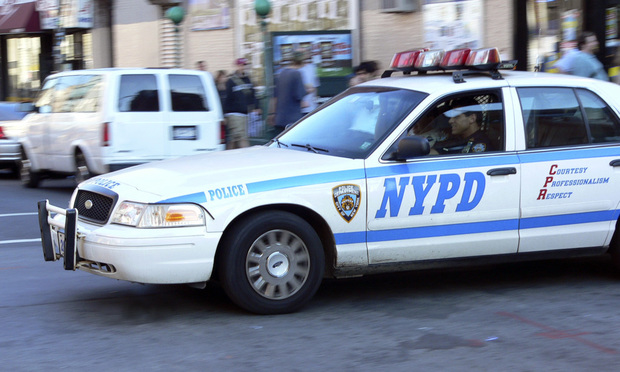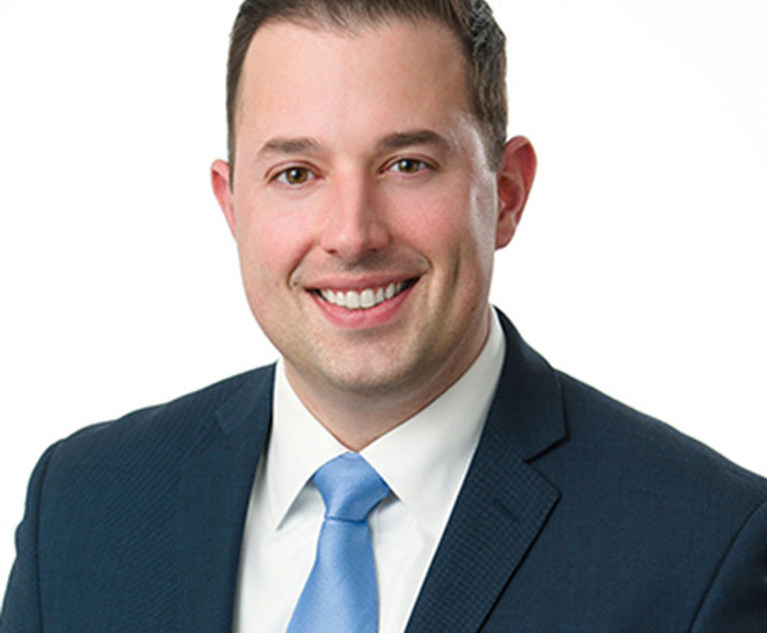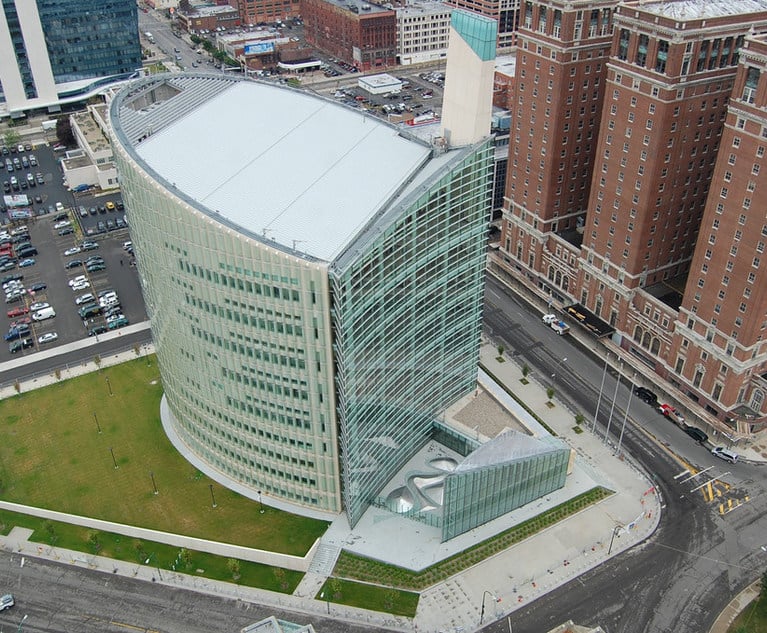“Terrorism-related concerns cannot be used to justify the use of a Glomar response in every FOIL context,” Bluth wrote, adding that “the petitioners [Millions March] here are protestors, engaging in First-Amendment protected activity. The only connection between protestors and terrorists appears to be that both groups use cell phones.”
In closing the opinion, she also said, “To embrace the use of Glomar response here would shut off all public inquiry and require respondent [NYPD] to hold itself accountable. That notion runs counter to the very purpose of freedom of information statutes. It certainly would not give terrorists the ‘combination to the safe’ to admit or deny that responsive records exist and, if such records exist, to offer a legitimate reason for citing an exemption. … FOIL is not about blind trust—it is about holding government officials accountable. That principle is fundamental to a democratic society and cannot be cast aside so easily.”
The NYPD issued a statement saying that it would review Bluth’s decision and discuss its options with the city Law Department.
In addition, the department stated that “the NYPD uses the Glomar response exceedingly sparingly and only after careful consideration of the interests involved, including transparency, the need to protect the integrity of criminal investigations and public safety.”
In its own statement, the NYCLU hailed Bluth’s ruling, and it criticized what it said was the NYPD’s attempt to greatly “expand” the scope and use of Glomar in replying to a legitimate FOIL request.
“The court confirmed that the NYPD cannot vastly expand the scope of the Glomar response to deny the public access to basic information regarding the tactics and technologies used by police to monitor First Amendment-protected political activity,” Bobby Hodgson, an NYCLU staff attorney who argued the case, said.
“The court agreed that allowing the police to cite very general national security concerns in this case—to avoid transparency and accountability over the surveillance of protesters—would undermine the very purpose of the Freedom of Information Law,” he added.
In her opinion, Bluth also knocked back the NYPD’s attempt to use an affidavit from John Miller, an NYPD deputy commissioner for intelligence and counterterrorism, who had warned in it, according to Bluth—quoting the affidavit—that revealing whether the NYPD had records responsive to the FOIL request would “potentially provide persons intent on committing a crime or an act of terrorism with critical intelligence to both successfully carry out such crime or attack and successfully evade detection because they would have the specific knowledge of the tools the NYPD may access in preventing attacks.”


 NYPD. Photo: Bigstock
NYPD. Photo: Bigstock





